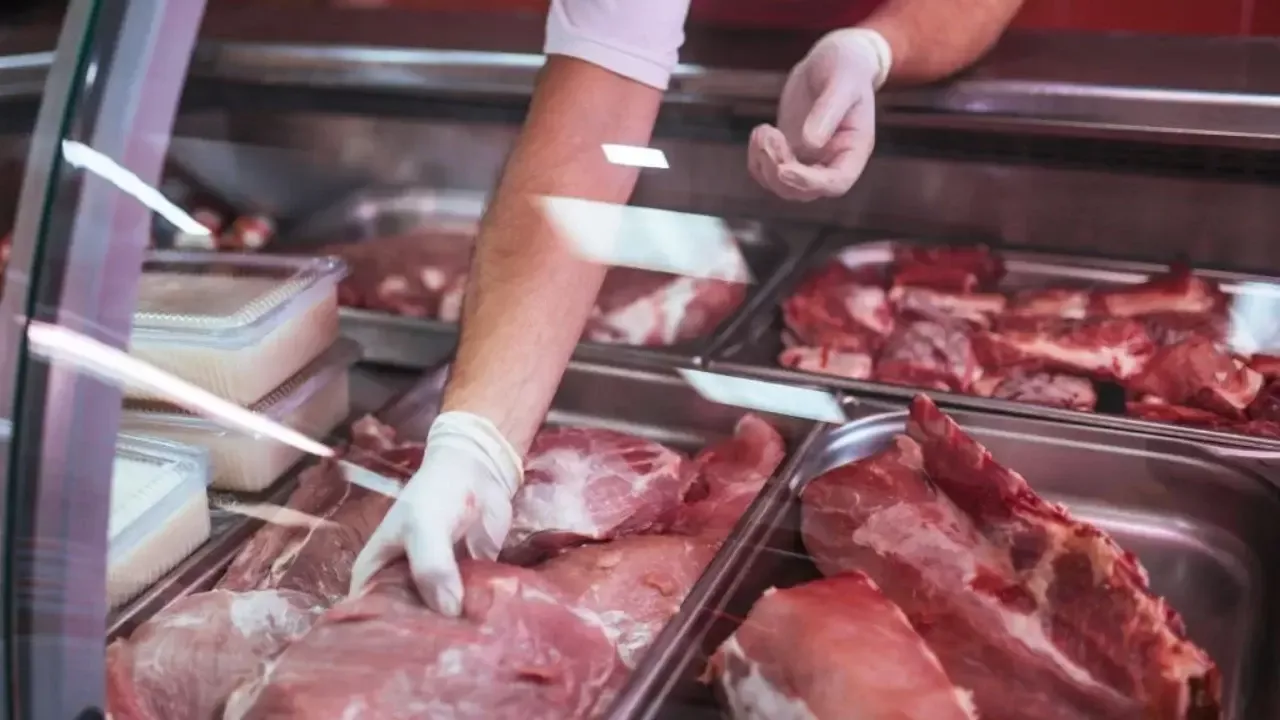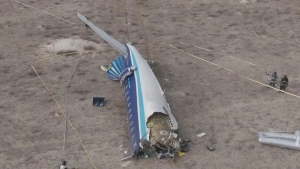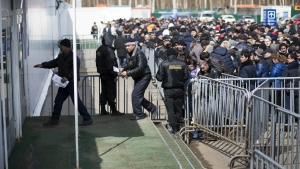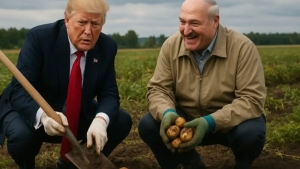
In recent months, significant changes have occurred in the global meat market. This was reported by Zamin.uz.
According to international sources, including Bloomberg, climate change, the increase in livestock diseases, and rising demand for beef in the US and China are causing prices to reach record highs. Not only beef but also the rising prices of dairy products are reducing cattle slaughter, putting additional pressure on the market.
This situation is reducing global reserves and creating new problems for consumers. According to a report by the UN Food and Agriculture Organization (FAO), the meat price index reached a new peak again in August.
In some countries, this price increase has intensified inflationary pressures. For example, in the United Kingdom, beef prices rose by 25 percent last month.
The situation is also becoming complicated in leading livestock-producing countries worldwide. In the US, the number of cattle has dropped to the lowest level in the last decade, and a similar situation is observed in Brazil.
Unstable weather conditions are making the recovery of cattle farming difficult. According to FAO data, high demand in the US has caused price increases in the Australian market, while China continues to actively import meat from Brazil.
This situation supports Brazilian suppliers despite increased tariffs in the US market. The rising demand and prices for dairy products are also affecting the beef market.
FAO economist Monika Totkhova emphasized that if butter and cheese prices are high, farmers do not rush to slaughter cows immediately for meat, which reduces meat supply in the market. Meat prices are also rising in Uzbekistan.
According to data from the State Statistics Agency, over the past year, the price of boneless beef increased by 25.7 percent, bone-in beef by 24.9 percent, and lamb by 28.5 percent. In August 2025, prices rose again, with boneless beef up by 0.7 percent, bone-in beef by 0.2 percent, and lamb by 1.4 percent.
At the same time, the sale of beef at lower prices in markets has somewhat stabilized overall price indicators. Import volumes are also increasing.
In August, meat products worth 84.7 million dollars were imported into the country, higher than the figure in July. Beef imports amounted to 66.1 million dollars.
In the first seven months of 2025, Uzbekistan imported 74 percent more meat and meat products compared to last year, totaling 420 million dollars. Officials emphasize that if this trend continues, meat prices in the domestic market may rise further.







